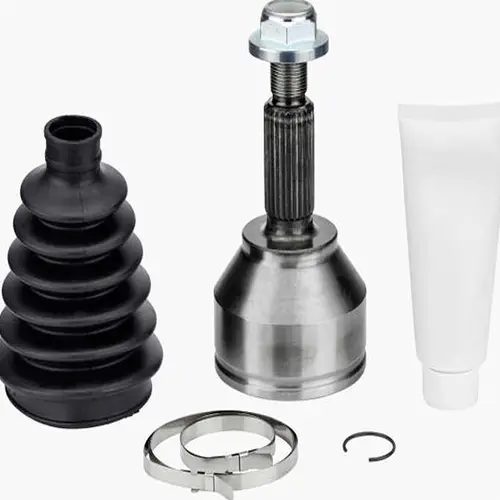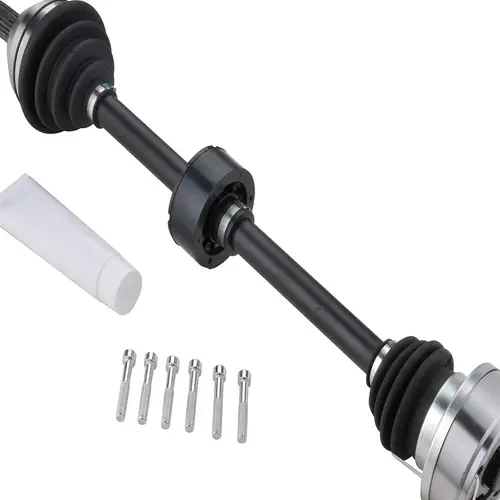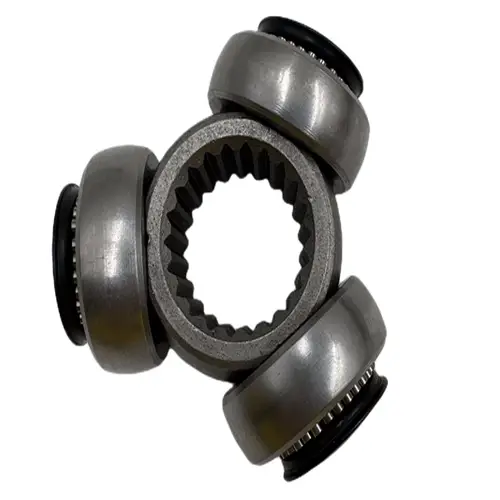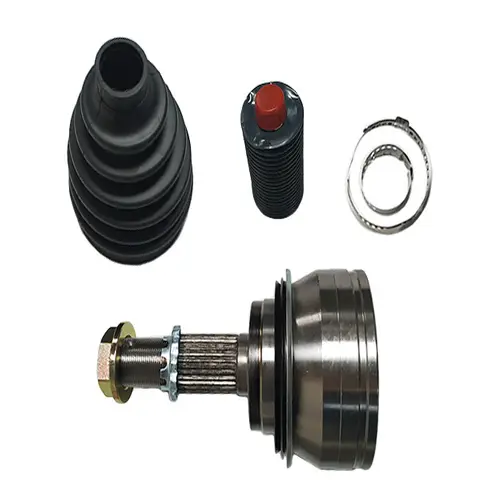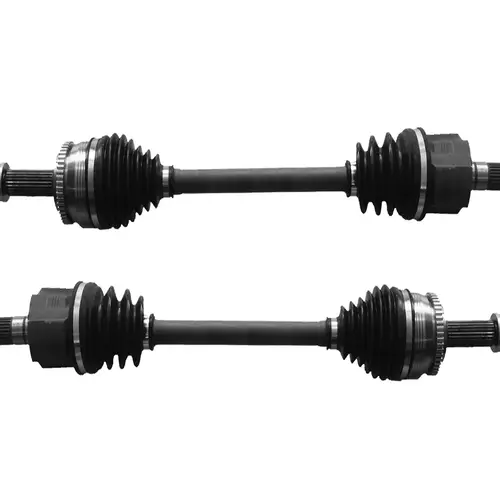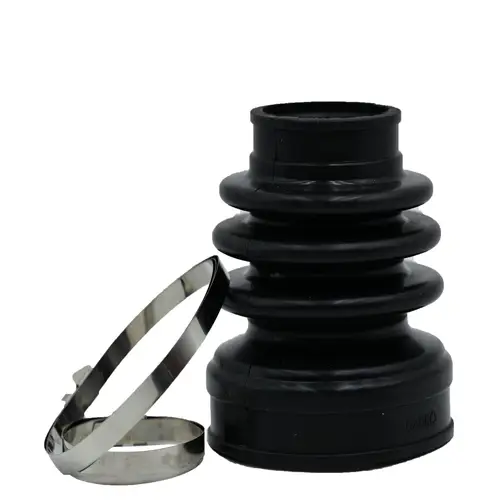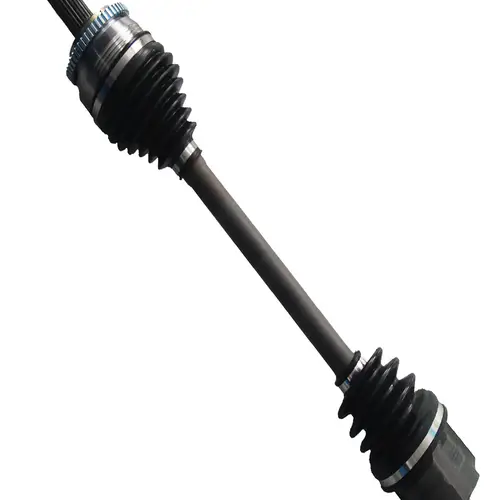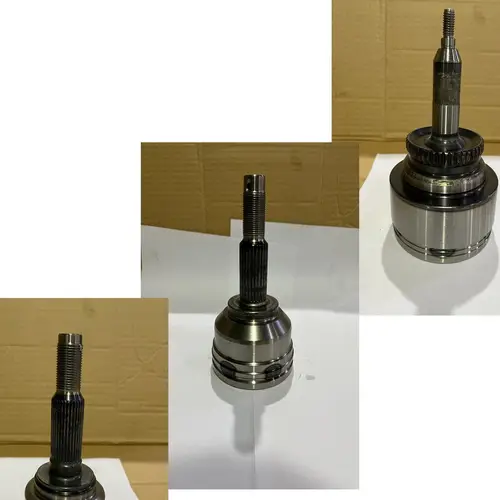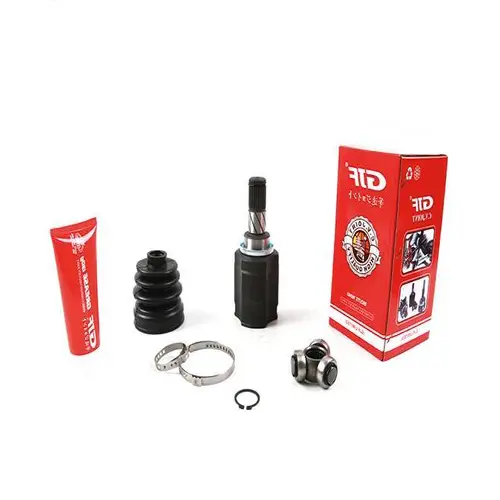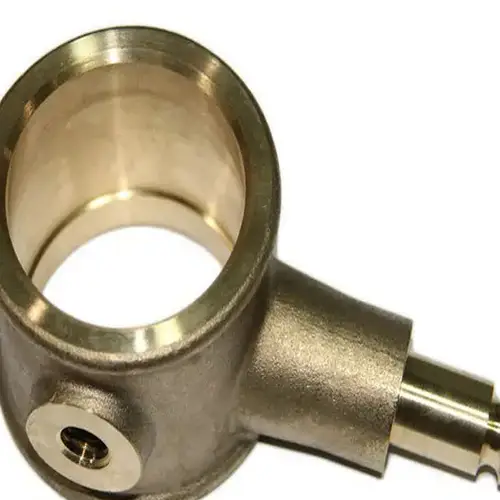
China Standard Hot Forged Manufacturer OEM Steel Die Forging Swaging Cardan Joint CV Joint Air Compressor Portable
Product Description
The OEM steel die forging swaging Cardan Joint CV Joint is meticulously crafted using high-quality materials such as carton steel, alloy steel, and stainless steel. With a state-of-the-art manufacturing process, this product ensures durability, precision, and exceptional surface finish that meets various industrial demands.
| Material | Friction Press Machines | Unit Weight Range | Min Tolerance | Surface Treatment | Heat Treatment |
|---|---|---|---|---|---|
| Carton steel, alloy steel, stainless steel | 25 Tons ~ 1000 Tons | 0.1 Kg ~ 1000 kg | 0.02 mm | Pickling oil, Galvanization, Chromeplate, Hot Dip, Galvanizing, Painting, Powder Coating | Normalizing, Hardening, Tempering, Nitridation, Carburization |
Product Specifications
- ISO9001:2015 certification
- TUV (PED 97/23/EC & AD2000 aa W0/TRD 100) certification
- Professional OEM manufacturer
- Forging: forged ring, open-die forging, forged shaft, forged bush, forged shape, drop forging, precision forging, hot-pressed part, upset forging, hot-upset part, forged disc, perforated disc.
Our Advantages
- In-house capability: OEM service as per customers’ requests, with in-house tooling design & fabricating.
- Professional engineering capability on product design, optimization, and performance analysis.
- Manufacturing capability range: DIN 3960 class 8 to 4, ISO 1328 class 8 to 4, AGMA 2000 class 10-15, JIS 1702-1703 class 0 to 2, etc.
- Packing: Tailor-made packaging method according to customer’s requirement.
- Just-in-time delivery capability.
Our Services
- Long-standing reputation in this field.
- Specialization is standard and accurately meets your requirements.
- OEM quality standard guaranteed.
- Product upgrading and expansion of species.
- Good quality with competitive prices.
- Flexible and convenient logistic service.
- Excellent and high-quality control.
- Long-lasting working lifetime.
- Sufficient storage.
- Original truck spare parts and professional manufacture.
- High technology and stable performance.
- Various sizes and models available.
Features
- Materials: malleable iron, carbon steel, alloy steel, stainless steel, aluminum, bronze, brass, etc.
- Standard: JIS, DIN, ASTM, BS
- Surface treatment: Electro Zinc Plating, Hot deep zinc plating, Electrophoresis, Powder coating, Painting, Shoot blasting, etc.
- Weight: 0.1 – 10,000 kg
- Processes: Forging, CNC Machining
- Manufacturing equipment: 3 die-forging product lines (3-ton stamp forging hammer product line, 1000-ton friction product line, 1250-ton press product line), various loose hammers and cylinder parts, automatic control ring forging machine, heat treatment cellar, digital control fiber natural gas car furnace, standing machine tool, machine tools, standing miller, standing drill machine, bench drill machine, CNC machining center, etc.
- Testing equipment: Supersonic inspection machine, Supersonic flaw detecting machine, physics and chemical analysis.
- Services:
- Can design and manufacture forged products according to customers’ requirements
- ISO9001 quality control and inspection
- In house & Third Parties
- Ordering and warehousing
- Packing: Wooden cases or as per customers’ needs
Packaging & Shipping
We provide tailored packaging solutions to meet customer requirements, ensuring safe and secure transportation of your orders. Our logistics team ensures timely delivery to your specified location.
FAQ
1. Q: What materials are used in your forging products?
A: We use a variety of materials including malleable iron, carbon steel, alloy steel, stainless steel, aluminum, bronze, and brass.
2. Q: Do you offer customized forging services?
A: Yes, we provide customized forging services based on the drawings and specifications provided by our customers.
3. Q: What surface treatments are available?
A: Our surface treatments include Electro Zinc Plating, Hot deep zinc plating, Electrophoresis, Powder coating, Painting, and Shoot blasting.
4. Q: What certifications do your products have?
A: Our products are certified with ISO9001:2015 and TUV (PED 97/23/EC & AD2000 aa W0/TRD 100).
5. Q: How do you ensure the quality of your products?
A: We have a robust quality control system in place, including supersonic inspection machines, supersonic flaw detecting machines, and rigorous physics and chemical analysis.
Other Products
EVER-POWER GROUP supplies a wide range of industrial products including agricultural gearboxes, power output shafts, sprockets, fluid couplings, worm gear reducers, gears and racks, roller chains, pulleys and pulleys, planetary gearboxes, timing pulleys, bushings, and more. We pride ourselves on high-quality products, competitive prices, and exceptional service. Customers are welcome to provide drawings and samples for customized solutions.
All the content of the page is from the Internet, the content is only as a reference for product selection, our products are replacement parts and not original spare parts; we are not the holder of the original trademarks of the content, our products are only suitable for after-sales replacement parts and not original spare parts, our replacement parts can be perfectly adapted to the original spare parts; if you need to buy original spare parts, please contact the original factory to buy. If you want to buy original spare parts, please contact the original supplier for purchase.
Performance Characteristics of CV Joint
Constant Velocity (CV) joints are crucial components in automotive drivetrains, providing seamless power transfer while allowing for a wide range of motion. These joints perform exceptionally well due to their unique attributes:
- Smooth Power Transmission: CV joints ensure uniform power delivery to the wheels, reducing vibrations and increasing vehicle stability.
- High Durability: Made from robust materials, CV joints can withstand substantial stress and wear, ensuring long-term reliability.
- Flexibility: These joints allow for the necessary flexibility in the drivetrain, accommodating the up and down movements of the suspension.
- Maintenance Requirements: Regular inspection and lubrication can significantly prolong the life of CV joints, minimizing the need for frequent replacements.
Types and Characteristics of CV Joint
There are primarily two types of CV joints:
- Rzeppa Joints: Often used in front-wheel-drive vehicles, these joints provide a constant velocity ratio and are highly efficient at extreme angles.
- Tripod Joints: These are typically found at the inboard end of drive shafts and are designed to handle axial motion smoothly.
The material composition of CV joints also varies, impacting their performance and characteristics:
- Steel CV Joints: Known for their high strength and durability, steel CV joints are ideal for heavy-duty applications.
- Composite CV Joints: Lighter than steel, composite materials offer enhanced fuel efficiency without compromising performance.
- Chromoly CV Joints: These provide superior strength and resistance to wear, making them suitable for high-performance vehicles.
Application of CV Joint in Various Fields
The versatility of CV joints makes them indispensable in various fields:
- Automotive Industry: CV joints are critical in both front-wheel and rear-wheel drive vehicles, ensuring efficient power transfer and smooth operation.
- Industrial Machinery: In industrial applications, CV joints help transmit power in machinery that requires a high degree of flexibility and precision.
- Aerospace: CV joints are used in aircraft control systems, providing the necessary flexibility for complex movements.
- Marine Equipment: These joints ensure reliable power transmission in boats and ships, accommodating the movements of marine propulsion systems.
- Agricultural Equipment: In tractors and other farm machinery, CV joints accommodate the uneven terrain and dynamic movements, enhancing operational efficiency.
Future Development Trends and Opportunities for CV Joint Products
The advancement of CV joint technology is driven by the demand for better performance and sustainability:
- Material Innovation: The development of new materials, such as advanced composites and high-strength alloys, is expected to enhance the durability and efficiency of CV joints.
- Electrification: With the rise of electric vehicles, CV joints are being designed to handle the unique torque characteristics of electric drivetrains.
- Advanced Manufacturing Techniques: Techniques like 3D printing are enabling more precise and cost-effective production of CV joints.
- Sustainability: There is a growing focus on developing CV joints that are more environmentally friendly, through the use of recyclable materials and energy-efficient manufacturing processes.
How to Choose a Suitable CV Joint
Selecting the right CV joint involves several critical factors:
- Determine Application Requirements: Understand the specific needs of your application, including the type of vehicle or machinery.
- Evaluating Power Requirements: Ensure that the CV joint can handle the power output of your engine or motor.
- Check Speed and Torque Specifications: Verify that the joint meets the necessary speed and torque ratings for your application.
- Measuring the Length of the Shaft: Accurate measurements ensure proper fitment and optimal performance.
- Evaluate Connection Type: Ensure the CV joint is compatible with your existing drivetrain connections.
- Check Safety Features: Look for joints that offer additional safety features to protect against failure in extreme conditions.
Summary
CV joints play a pivotal role in the efficient operation of various mechanical systems, from automotive to industrial machinery. Understanding their performance characteristics, types, applications, and future trends can help in selecting the right CV joint for your needs. By considering factors such as application requirements, power, speed, torque, and safety features, you can ensure optimal performance and longevity of your CV joint.
Author: Dream
